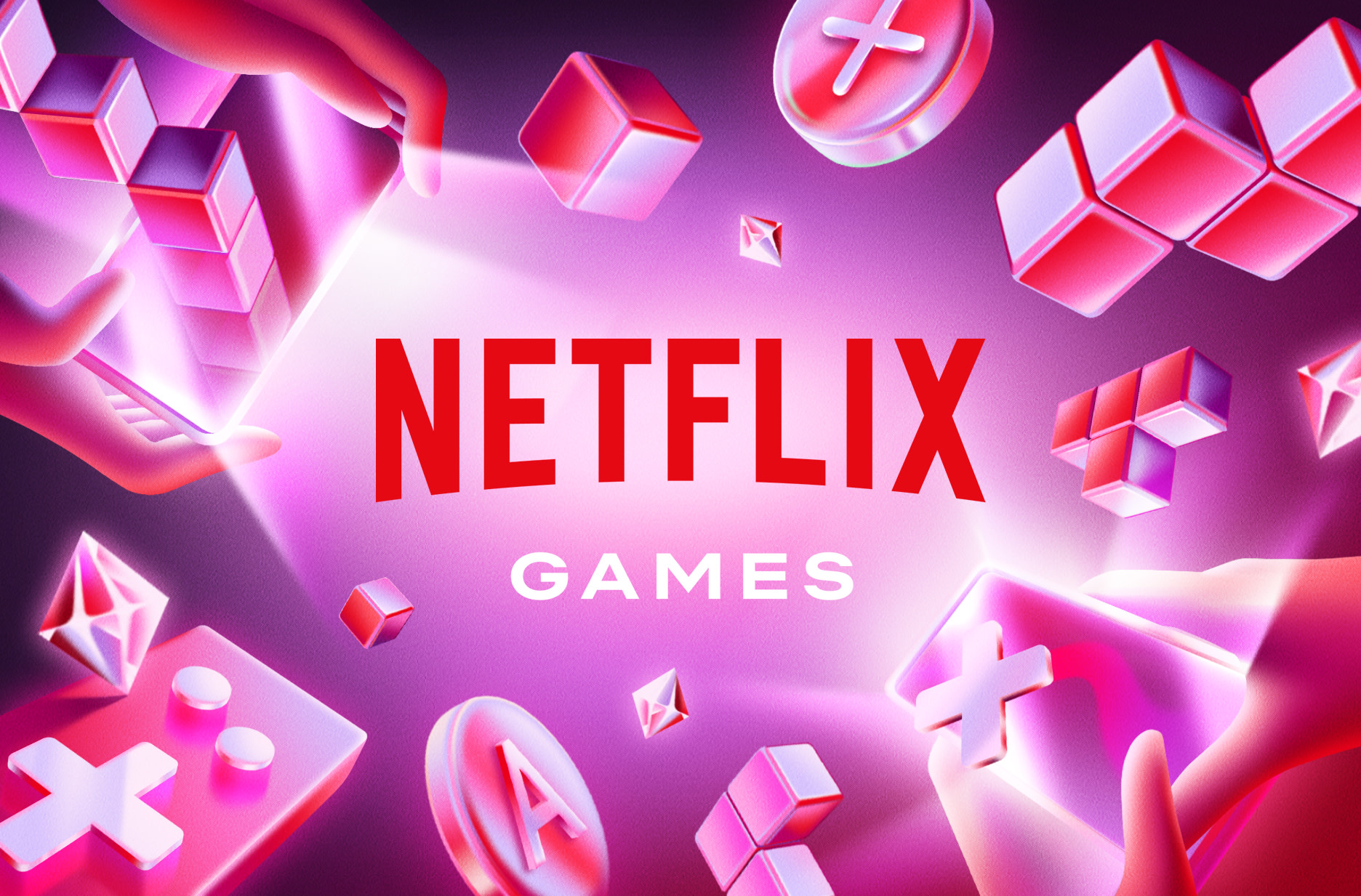Netflix creates new leadership role focused on AI game development

Netflix is expanding its artificial intelligence efforts in gaming with the creation of a new executive position.
Mike Verdu, who has led Netflix's games division for the past three years, will become vice president of GenAI for games. Verdu announced on LinkedIn that he plans to adopt a "creator-first vision […] with AI being a catalyst and accelerant for game development," believing that GenAI for game development and player experience is a "once-in-a-generation inflection point."
The appointment comes after Netflix recently closed one of its game studios, leading to talk about the company's commitment to gaming. Verdu dismissed those reports as "uninformed speculation in the media."
Under his leadership, Netflix has added more than 100 games to its platform and significantly increased player engagement, Verdu said. The company has also begun testing cloud gaming on TV and PC in several countries.
Early days of GenAI in gaming
The use of AI in game development is still relatively new, but it's already having an impact. The technology is particularly promising for games because the industry combines several technologies where GenAI systems are already proving effective - including code generation, graphics, text, audio, and both 2D and 3D assets. A recent survey found that game industry leaders are open to AI for development purposes.
Games generated entirely by AI are still in their infancy, although several projects are showing progress. Google Research and Deepmind have created GameNGen, a system that can simulate DOOM in real time. Another AI research model called DIAMOND can render Counter-Strike at ten frames per second.
AI startups Decart and Etched have developed "Oasis," a fully AI-generated game similar to Minecraft that runs at 20 frames per second. Researchers from Tencent and Chinese universities have created GameGen-O, an AI model for open-world game simulations.
These systems still have significant technical limitations. GameNGen can only hold three seconds of "memory," while DIAMOND and Oasis struggle with image clarity and consistency. GameGen-O currently produces only prototypes, not fully playable games.
AI News Without the Hype – Curated by Humans
As a THE DECODER subscriber, you get ad-free reading, our weekly AI newsletter, the exclusive "AI Radar" Frontier Report 6× per year, access to comments, and our complete archive.
Subscribe nowAI news without the hype
Curated by humans.
- Over 20 percent launch discount.
- Read without distractions – no Google ads.
- Access to comments and community discussions.
- Weekly AI newsletter.
- 6 times a year: “AI Radar” – deep dives on key AI topics.
- Up to 25 % off on KI Pro online events.
- Access to our full ten-year archive.
- Get the latest AI news from The Decoder.